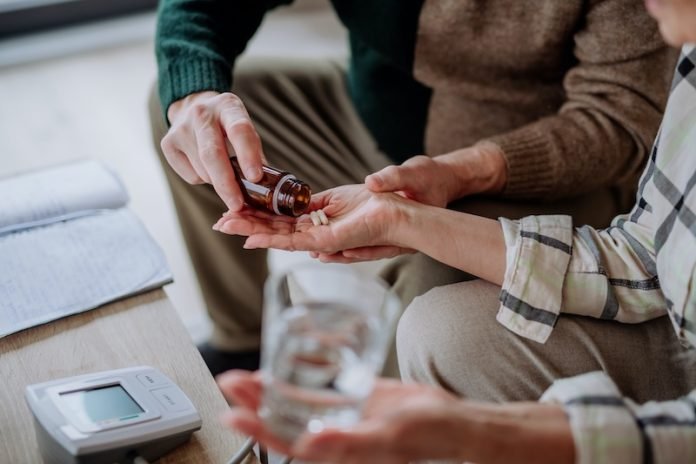
A recent study from Johns Hopkins University has highlighted a surprising trend among older Americans: many continue to take a daily baby aspirin to prevent heart problems, despite new guidelines advising against it.
The study focused on adults aged 70 and above. It found that a significant number of these individuals are still using low-dose aspirin regularly. This is intriguing because many of them have never had heart disease.
Aspirin has been a go-to medication for reducing the risk of heart disease and stroke. In the past, doctors often recommended low-dose aspirin for people at high risk of heart problems. But recent research has questioned this practice, especially for older adults, due to potential health risks.
Researchers analyzed data from over 7,100 U.S. adults aged 60 and above from a federal health survey. They specifically looked at aspirin use in those aged 70 and older, including people with and without diabetes.
The results were quite surprising. They showed that between 50% to 62% of adults over 70 were taking low-dose aspirin to prevent heart disease or stroke.
What’s more, this included many who had no history of heart disease. This group, for whom aspirin might be more harmful than helpful, includes nearly 10 million Americans.
Current medical advice generally advises against routine aspirin use for people over 70 to prevent a first heart attack or stroke.
The reason? Aspirin increases the risk of bleeding in the stomach and brain, especially as people age. Plus, some new studies have raised doubts about the effectiveness of low-dose aspirin in preventing first-time heart attacks or strokes.
Aspirin can still be beneficial for those with known cardiovascular diseases, like blocked heart arteries or a history of heart attack or stroke. But its role in preventing first-time heart problems is now less clear.
Old guidelines recommended low-dose aspirin for high-risk individuals. However, new studies have led to a change in this thinking.
The American College of Cardiology/American Heart Association’s latest guidelines suggest aspirin might be an option for certain 40 to 70-year-olds who don’t have a high bleeding risk. But for older adults, routine aspirin use for primary prevention is discouraged.
There’s a growing preference for statins, which lower LDL cholesterol, as a more effective means of preventing primary heart disease.
Many older adults started taking aspirin years ago. The research team suggests these individuals should talk to their doctors about whether they should continue. It’s essential to assess if aspirin is still necessary and beneficial for their specific health situation.
The use of daily baby aspirin among older Americans is an ongoing topic of research and debate. While aspirin may help certain people with established heart disease, its long-term use for preventing first-time heart issues needs careful consideration.
Older adults should consult with their doctors to make the best decision for their heart health.
If you care about wellness, please read studies about how ultra-processed foods and red meat influence your longevity, and why seafood may boost healthy aging.
For more information about wellness, please see recent studies that olive oil may help you live longer, and vitamin D could help lower the risk of autoimmune diseases.
Copyright © 2023 Knowridge Science Report. All rights reserved.



